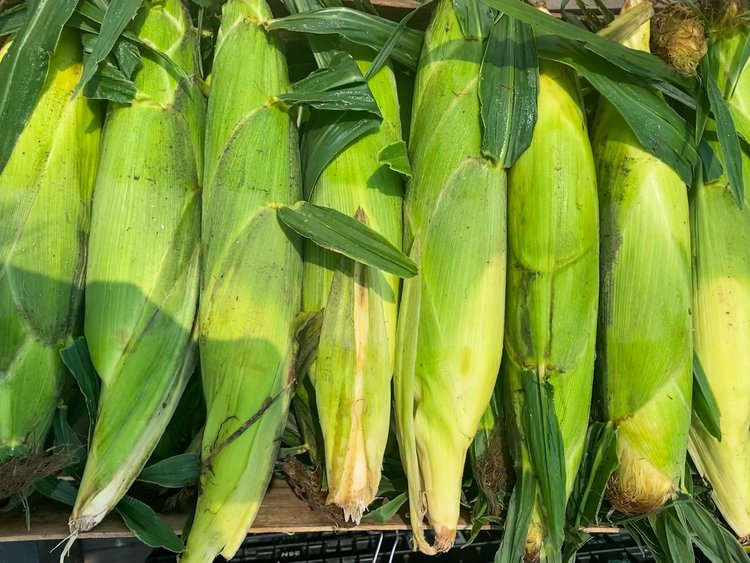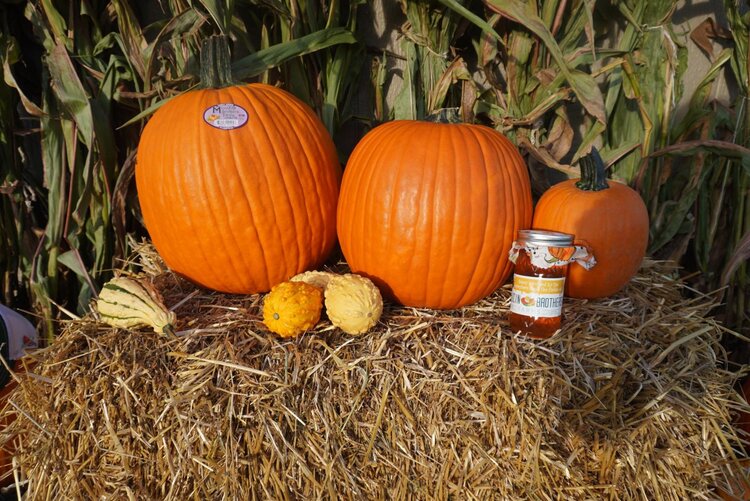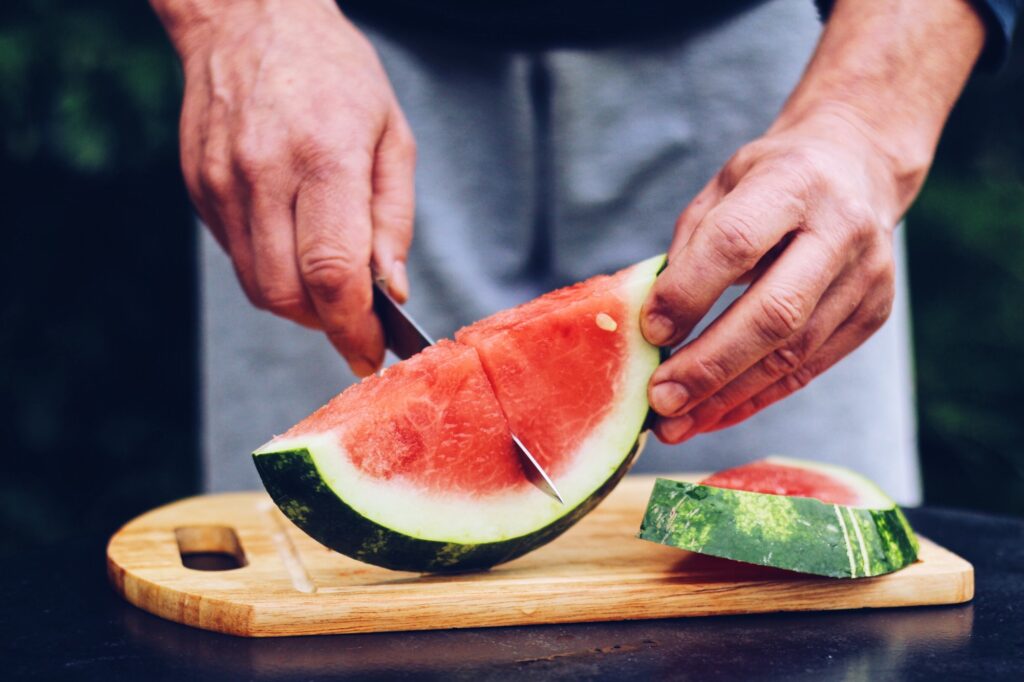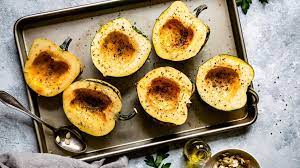Pumpkin is more than just a fall decoration or the base for your favorite pie. This vibrant orange fruit is a nutritional powerhouse packed with vitamins, minerals, and antioxidants that can benefit your health in numerous ways. From boosting your immune system to supporting eye health, pumpkin deserves a place in your diet year-round.
In this blog post, we’ll explore the nutritional profile of pumpkin, its health benefits, and creative ways to incorporate it into your meals. By the end, you’ll understand why pumpkin is much more than a seasonal treat.
What is Pumpkin?
Pumpkin is a type of winter squash that belongs to the Cucurbitaceae family, which also includes cucumbers, melons, and zucchini. Native to North America, pumpkin has been a dietary staple for centuries. Its versatility in both sweet and savory dishes has made it a beloved ingredient in cuisines worldwide.
Nutritional Profile of Pumpkin
Macronutrients
- Calories: One cup of cooked pumpkin (about 245 grams) contains only 49 calories, making it a low-calorie option.
- Carbohydrates: Pumpkin is rich in complex carbohydrates, with around 12 grams per cup.
- Protein: Each serving offers about 2 grams of protein, contributing to muscle maintenance and repair.
- Fat: Pumpkin is naturally low in fat, with less than 1 gram per serving.
- Fiber: One cup contains 3 grams of dietary fiber, supporting healthy digestion and promoting satiety.
Vitamins
- Vitamin A: Pumpkin is exceptionally high in vitamin A, providing over 200% of your daily requirement per cup. This vitamin is essential for vision, immune function, and cell growth.
- Vitamin C: With about 20% of your daily needs, pumpkin helps boost immunity and skin health.
- B Vitamins: Pumpkin contains small amounts of B vitamins like riboflavin, niacin, and folate, which aid energy production and cell function.
Minerals
- Potassium: At 564 milligrams per cup, pumpkin helps regulate blood pressure and muscle contractions.
- Magnesium: Essential for over 300 enzymatic reactions, magnesium in pumpkin supports bone health and energy production.
- Iron: Pumpkin provides small amounts of iron, crucial for oxygen transport in the blood.
- Zinc: Important for immune function and wound healing, pumpkin contains trace amounts of zinc.
Phytonutrients and Antioxidants
- Beta-Carotene: This antioxidant is responsible for pumpkin’s vibrant color and plays a key role in protecting cells from damage.
- Lutein and Zeaxanthin: These carotenoids are important for eye health, reducing the risk of age-related macular degeneration.
Health Benefits of Pumpkin
1. Supports Eye Health
Thanks to its high vitamin A and carotenoid content, pumpkin promotes healthy vision and reduces the risk of cataracts and macular degeneration.
2. Boosts Immunity
Pumpkin is rich in vitamins A and C, which are essential for a robust immune system. These nutrients help the body fight off infections and heal wounds faster.
3. Promotes Healthy Skin
The antioxidants in pumpkin, such as beta-carotene and vitamin C, protect the skin from damage caused by free radicals and UV exposure. They also promote collagen production for firm, youthful skin.
4. Aids Digestion
The fiber content in pumpkin supports a healthy gut by promoting regular bowel movements and feeding beneficial gut bacteria.
5. Supports Heart Health
Potassium and fiber in pumpkin contribute to lower blood pressure and cholesterol levels, reducing the risk of cardiovascular disease.
6. Helps Manage Weight
Low in calories and high in water content, pumpkin is a filling food that can help with weight management.
How to Incorporate Pumpkin into Your Diet
Pumpkin’s versatility makes it easy to include in various dishes. Here are some ideas:
- Soups and Stews: Add pureed pumpkin to soups and stews for a creamy texture and rich flavor.
- Baked Goods: Use pumpkin puree in muffins, bread, pancakes, and cookies for natural sweetness and moisture.
- Smoothies: Blend pumpkin puree with yogurt, banana, and spices like cinnamon and nutmeg for a nutrient-packed smoothie.
- Savory Dishes: Roast pumpkin chunks with olive oil and herbs as a side dish, or add to risottos and curries.
- Snacks: Make roasted pumpkin seeds for a crunchy, nutrient-dense snack.
Pumpkin Seeds: A Bonus Nutritional Treat
Don’t throw away the seeds when preparing pumpkin! Pumpkin seeds are:
- High in Protein: Contain about 7 grams per ounce.
- Rich in Magnesium: Support bone health and energy production.
- Loaded with Healthy Fats: Provide omega-3 and omega-6 fatty acids.
- Packed with Antioxidants: Help reduce inflammation and protect against chronic diseases.
To enjoy pumpkin seeds, roast them with a sprinkle of salt or spices for a delicious snack.
Storing and Preparing Pumpkin
Storage Tips
- Whole Pumpkin: Store in a cool, dry place for up to 2 months.
- Cut Pumpkin: Wrap tightly in plastic wrap and refrigerate for up to 5 days.
- Pumpkin Puree: Store homemade puree in an airtight container in the refrigerator for up to 1 week or freeze for up to 6 months.
Preparation Tips
- Peeling and Cutting: Use a sharp knife to remove the tough skin and cut into manageable pieces.
- Cooking Methods: Pumpkin can be roasted, steamed, boiled, or pureed depending on the recipe.
- Flavor Enhancements: Pair pumpkin with warm spices like cinnamon, nutmeg, and ginger for sweet dishes, or with garlic, rosemary, and thyme for savory recipes.
Debunking Myths About Pumpkin
- “Pumpkin is Just Empty Calories”: On the contrary, pumpkin is nutrient-dense, offering vitamins, minerals, and antioxidants with minimal calories.
- “Canned Pumpkin Isn’t Healthy”: High-quality canned pumpkin is just as nutritious as fresh, as long as it’s pure pumpkin without added sugars or fillers.
- “Pumpkin is Only for Desserts”: While pumpkin pie is iconic, this ingredient shines in savory dishes, snacks, and even beverages.
Conclusion
Pumpkin is a nutritional gem that’s as versatile as it is healthy. Whether you’re making a comforting soup, baking muffins, or enjoying roasted pumpkin seeds, this fruit offers a wealth of benefits for your body and palate. Its impressive nutrient profile, coupled with its low calorie count, makes it a worthy addition to any diet.
So, don’t wait for autumn to enjoy the goodness of pumpkin. Incorporate this vibrant fruit into your meals year-round and savor its health-boosting properties with every bite.























